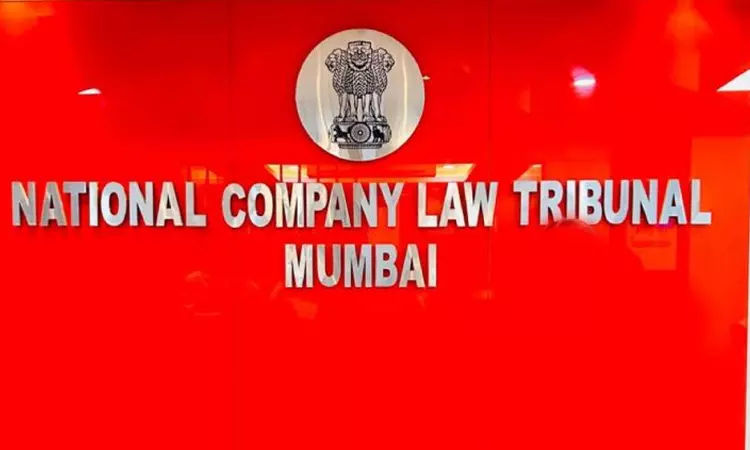Insufficiently Stamped Agreement Between Parties , Not A Ground To Dismiss CIRP Applications :NCLT Mumbai
Rajesh Kumar
4 Aug 2024 12:45 PM IST

Next Story
4 Aug 2024 12:45 PM IST
The National Company Law Tribunal, Mumbai bench of Prabhat Kumar (Technical Member) and Justice V.G Bisht (Judicial Member) has held that deficiencies in document stamping, as per the Stamp Act, cannot be used as a reason to dismiss an application under Section 7 of the Insolvency and Bankruptcy Code. Brief Facts: Q West Infrastructure Private Limited (Applicant/ Financial...
